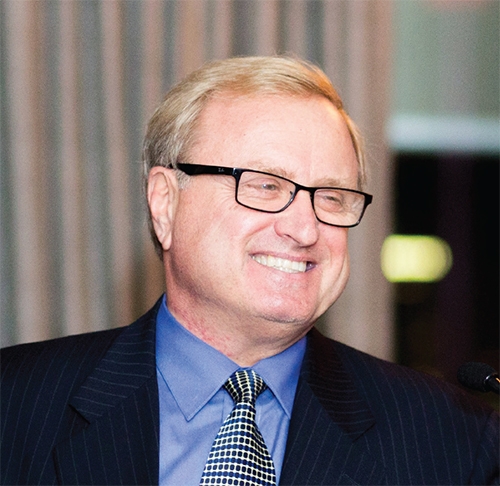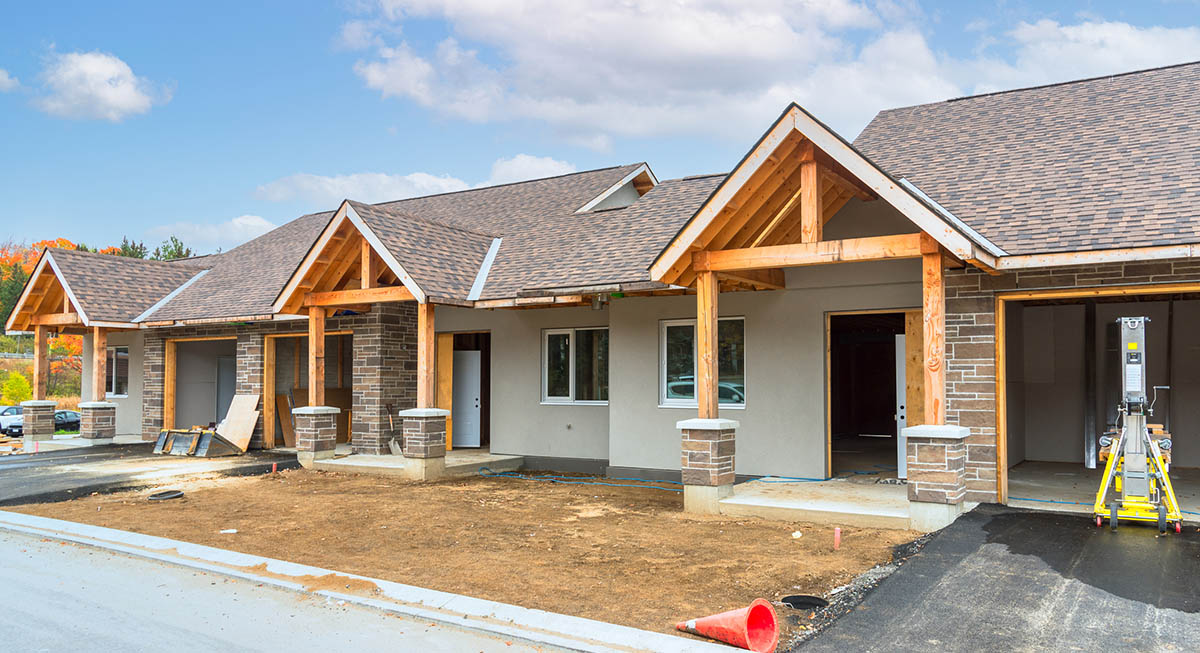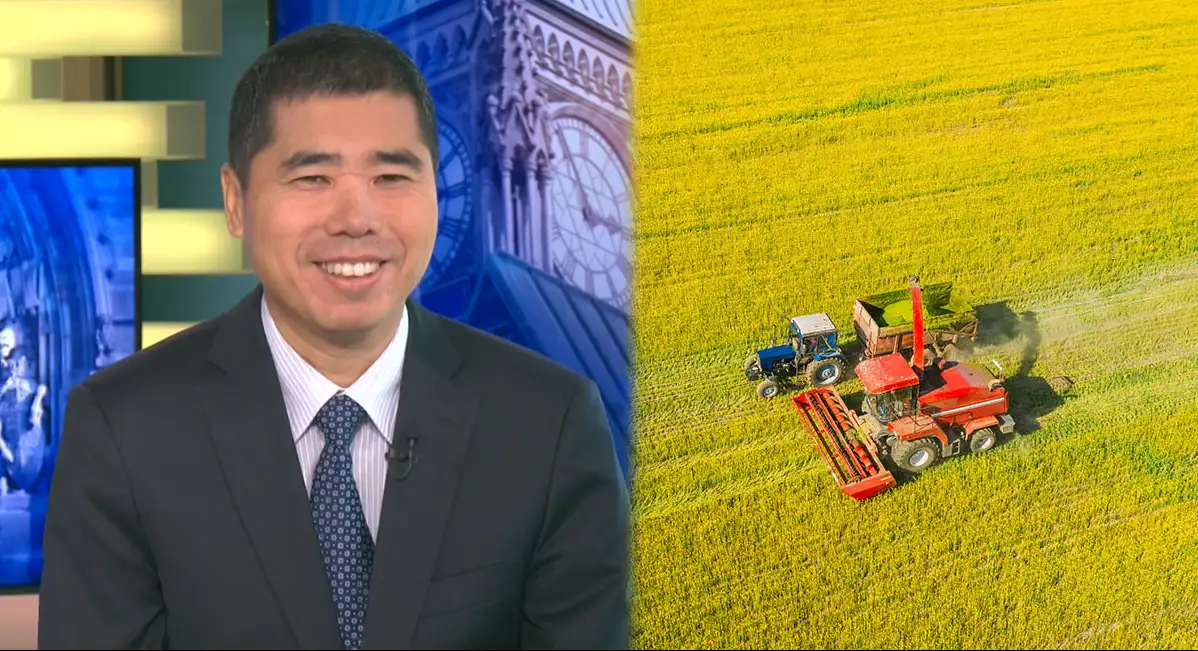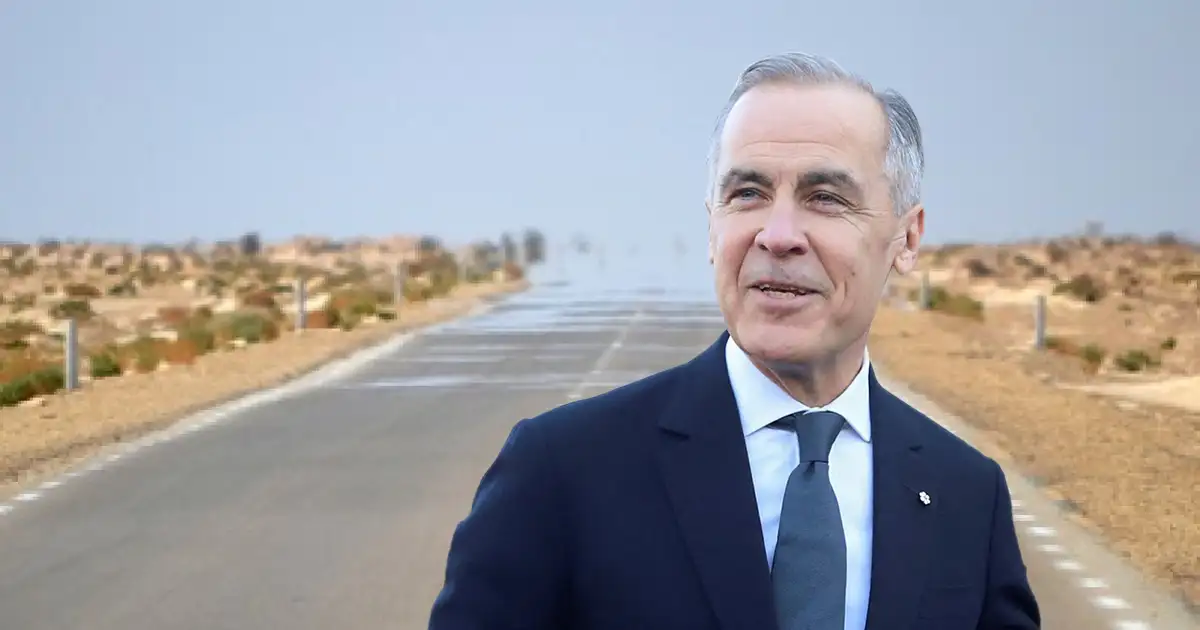
Five modest measures to reset the dial and elevate Canadian politics
By Sergio Marchi
When he was elected Prime Minister in 2015, Justin Trudeau promised that he would do politics “differently”. Yet, except for a period of time when federal-provincial cooperation was central to fighting Covid-19, it has largely been business as usual.
Don’t get me wrong. Canada enjoys a strong democracy — the rule of law is firmly entrenched, elections are largely free of controversy, courts and institutions are independent, free speech and a robust media flourish, and financial political contributions are capped.
Compare our system, for example, to what we have been witnessing in the US, where deep divisions, racial conflict, unrestricted money, and endless conspiracies come together to create a toxic and dysfunctional environment.
The problem is that our political culture does not rise to the standards of our democracy. It is often cheap, shrill, and small. Our politicos engage in overly-heated partisanship, while losing sight of what Canadians deem important. Politics has taken on a nasty edge, and the word compromise is quickly becoming a dirty word.
I spent some 20 years in Canadian politics, and I am not suggesting that those were necessarily the golden years. But they were better days. There was much less personal antagonism, and collaboration across the aisle was still a respected tradition.
How then, can we endeavor to reset the political dial?
For starters, I would suggest five modest measures.
First, elevating the dignity of public discourse should be the first priority for the Speaker of the House of Commons.
He should draft a “code” of parliamentary behaviour which would be the basis for negotiations with all the party House Leaders and National Caucus Chairs. The objective would be to hammer out an all-party agreement that would commit politicians to a higher standard of comportment, with the Speaker enforcing the accord on a daily basis.
Second, parliamentary committees should be free of television cameras.
While it is convenient for Canadians to see their democracy from the comforts of their living rooms, there is just too much political theatre and gamesmanship when the cameras are rolling. Keep the cameras on in the House, but because the real work gets done at committees, have those sessions be TV-free.
When I was in the Opposition, before the advent of TV, committees would produce many unanimous reports, which were instrumental in upgrading our laws and regulations. Today, that is virtually impossible.
Third, the Speaker should not accept party lists designating the Members that will make statements and ask questions during Question Period.
Currently, the Party Whips effectively control who gets recognized in the House, regardless of how those members behave. The Speaker should reclaim that authority. This way, he would have the latitude and discipline of not granting members who misbehave, the platform and attention that they crave.
Fourth, remove the media from the foyer of the House of Commons, so as to end the easy access to the media carnival that follows every Question Period.
The intention is not to discourage the media from covering our politicians. Instead, we should eliminate the automatic media access that follows the theatre of question period, in an effort to temper their actions in the House.
Finally, I would urge former MP’s, from all parties, to organize themselves into a voluntary working group, with the mandate of producing a unanimous and realistic report for how to make our politics more civil.
I say ‘former’, because while they have the rich experience of having served, they do not have any political ‘skin’ in today’s game. The report could consist of the more immediate-term recommendations, the low-hanging fruit, as well as more systemic proposals. The paper would be submitted to all the party leaders and caucus chairs, in the hopes of building a consensus on some, if not all, of the recommendations.
Our politics will never be free of partisanship, nor should it. That is the basis of our parliamentary democracy. The clash of competing ideas is central for any robust debate.
However, we should focus on eliminating the poisoned personalization of our politics — the nastiness; the baseless accusations; the character assassination; the theatre of the absurd.
Everyone dislikes this lowly dimension of our public life. It serves no purpose. So, let’s move our politics to a higher ground.

The Hon. Sergio Marchi served as an MP, Minister, and Ambassador.
Photo of Parliament: Jason Hafso, Unsplash









